Lebanese NGOs united to prevent torture and uphold human rights.
The Working Group for Torture Prevention (WGTP) in Lebanon is a coalition of human rights organizations dedicated to eradicating torture and ill-treatment in the country. Formed in 2007, the WGTP emerged as a unified civil society response to Lebanon’s longstanding issues with torture, particularly in detention facilities. Lebanon ratified the UN Convention Against Torture in 2000 and its Optional Protocol (OPCAT) in 2008, signaling a commitment to prevent torture. However, implementation lagged, and abuse of detainees remained widespread. In this context, seven local NGOs – ALEF, Restart Center, CLDH, Proud Lebanon, AJEM, Caritas, Human Rights Institution at Tripoli Bar Association– initiated the WGTP around 2007 as a collaborative platform to push for compliance with international obligations and to promote a culture of human rights.
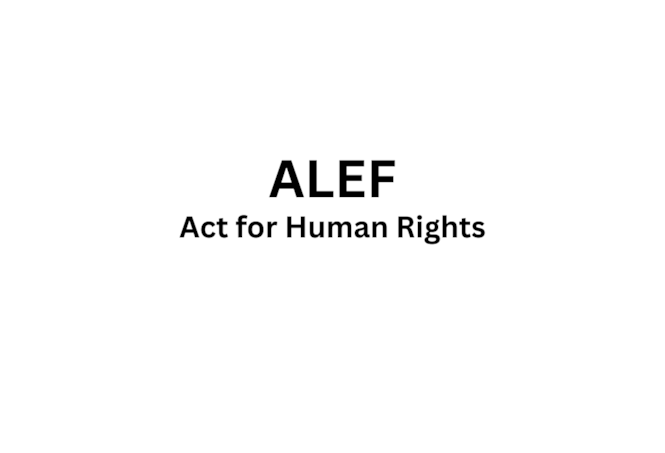
ALEF – Act for Human Rights
is a human rights watchdog organization that mainly works on human rights policy advocacy, based on monitoring and documenting human rights violations and progresses in Lebanon, but also on human rights education to raise awareness and promote human rights values in the country. As the other co-founder of the WGTP, ALEF has played a coordinating role since 2007. It has led efforts to train civil society on monitoring abuses and was deeply involved in pushing for the anti-torture legislative agenda. ALEF’s policy expertise and connections with parliamentarians and international bodies bolster the WGTP’s advocacy campaigns.
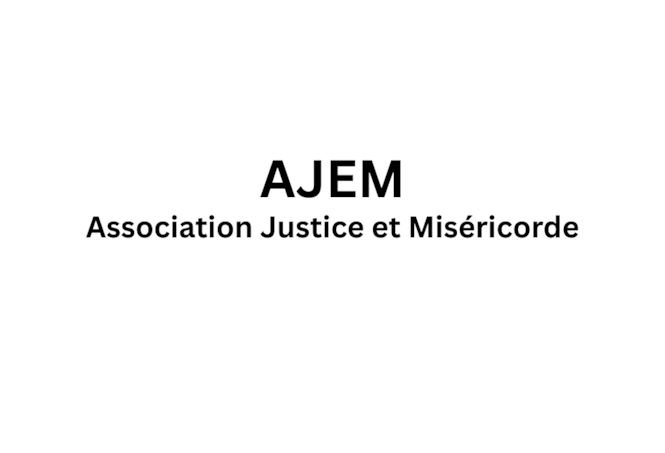
Association Justice et Miséricorde (AJEM)
AJEM is focused on prisoners’ rights and prison reform in Lebanon. Active in prisons and providing services to inmates, AJEM contributes first-hand insight into detention conditions. Within the WGTP, AJEM helps address systemic issues in Lebanese prisons – from overcrowding and poor conditions to advocacy for proper treatment of inmates and alternatives to detention.
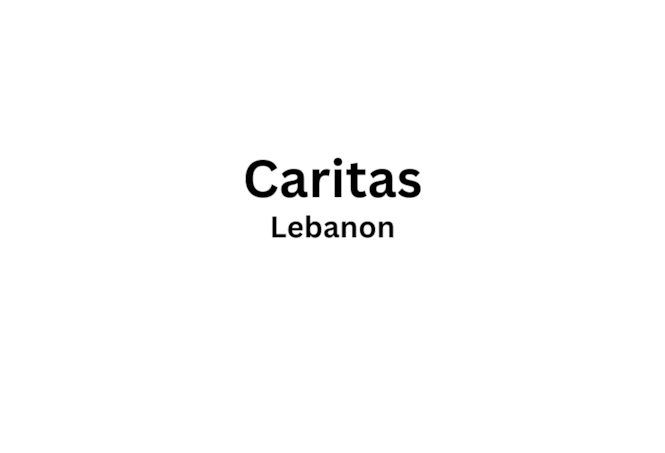
Caritas Lebanon (Migrant Center)
Caritas, a humanitarian NGO, has a Migrant Center that works with refugees, asylum seekers, and migrant domestic workers, including those detained for immigration or residency issues. Caritas’s participation in the WGTP ensures that the rights of non-Lebanese detainees and other vulnerable foreigners are not forgotten. They provide humanitarian assistance and document abuses against these groups, feeding into the coalition’s broader agenda against torture and ill-treatment.
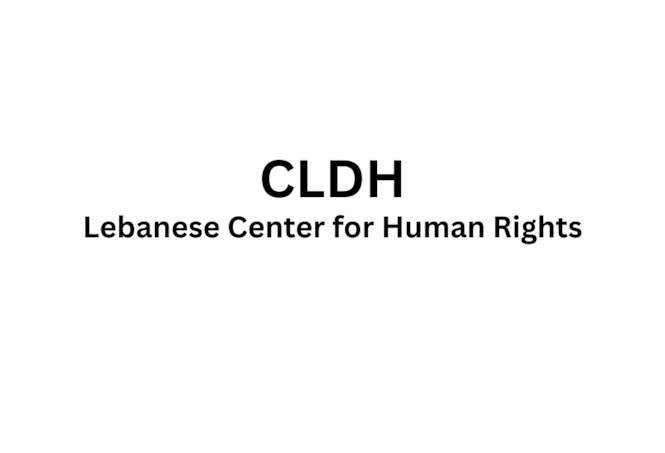
Lebanese Center for Human Rights (CLDH)
The Lebanese Center for Human Rights (CLDH) is a local non-profit, non-partisan Lebanese human rights organization. It was founded in 2006 in Beirut by the Franco-Lebanese Movement SOLIDA (Support for Lebanese Detained Arbitrarily). CLDH’s complementary components include advocacy, public mobilization, rehabilitation for victims of torture and families of enforced disappearances, the provision of pro-bono legal services for vulnerable groups regardless of nationality or status, and the organization of capacity-building activities to key stakeholders in the human rights field
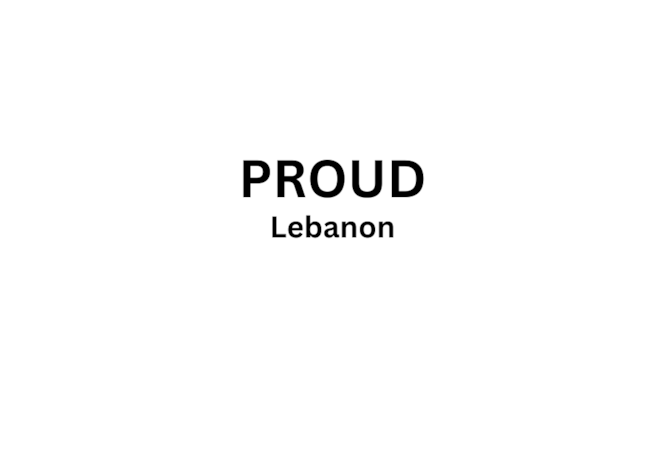
Proud Lebanon
is an NGO committed to promoting tolerance and human rights in Lebanon and the region. Through medical and psychological support, educational workshops, advocacy, and community activities, it empowers marginalized individuals to live with dignity. Proud Lebanon joined the Working Group on Torture Prevention (WGTP) to ensure that efforts to combat torture and abuse in detention settings include vulnerable groups often overlooked.
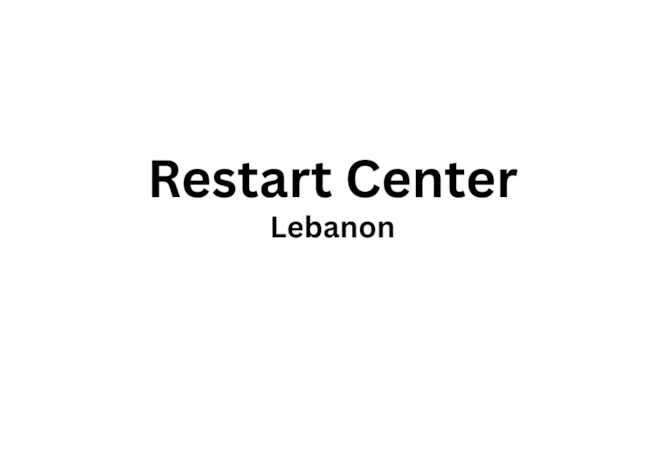
Restart Center
is a local, non-governmental organization established in 1996 in Tripoli ‒ North Lebanon ‒ and active in the field of human rights. The Center seeks to prevent torture practices, nationally and regionally, through awareness-raising, lobbying and advocacy and capacity building and to ensure that the victim of an act of torture and ill-treatment obtains redress particularly through the provision of means for as full rehabilitation as possible. The work of Restart Center provides context to legal and health-based rehabilitation within all pillars of the national and regional fight against torture and violence: prevention, accountability and reparation.



 Login
Login



